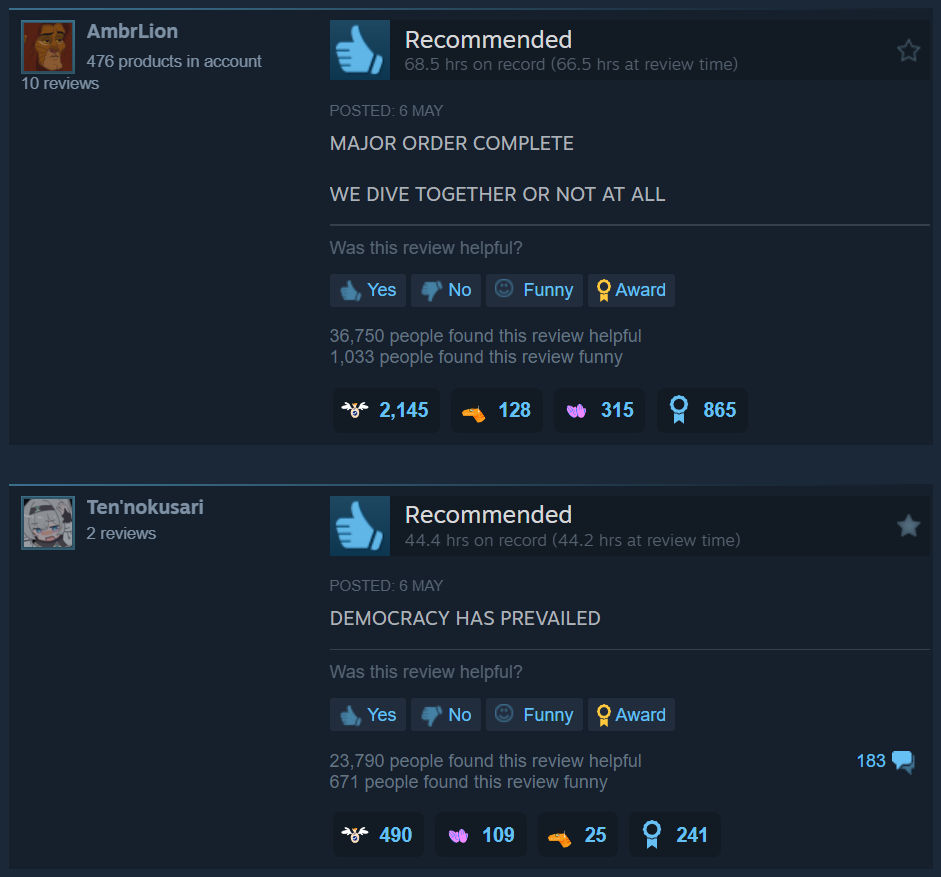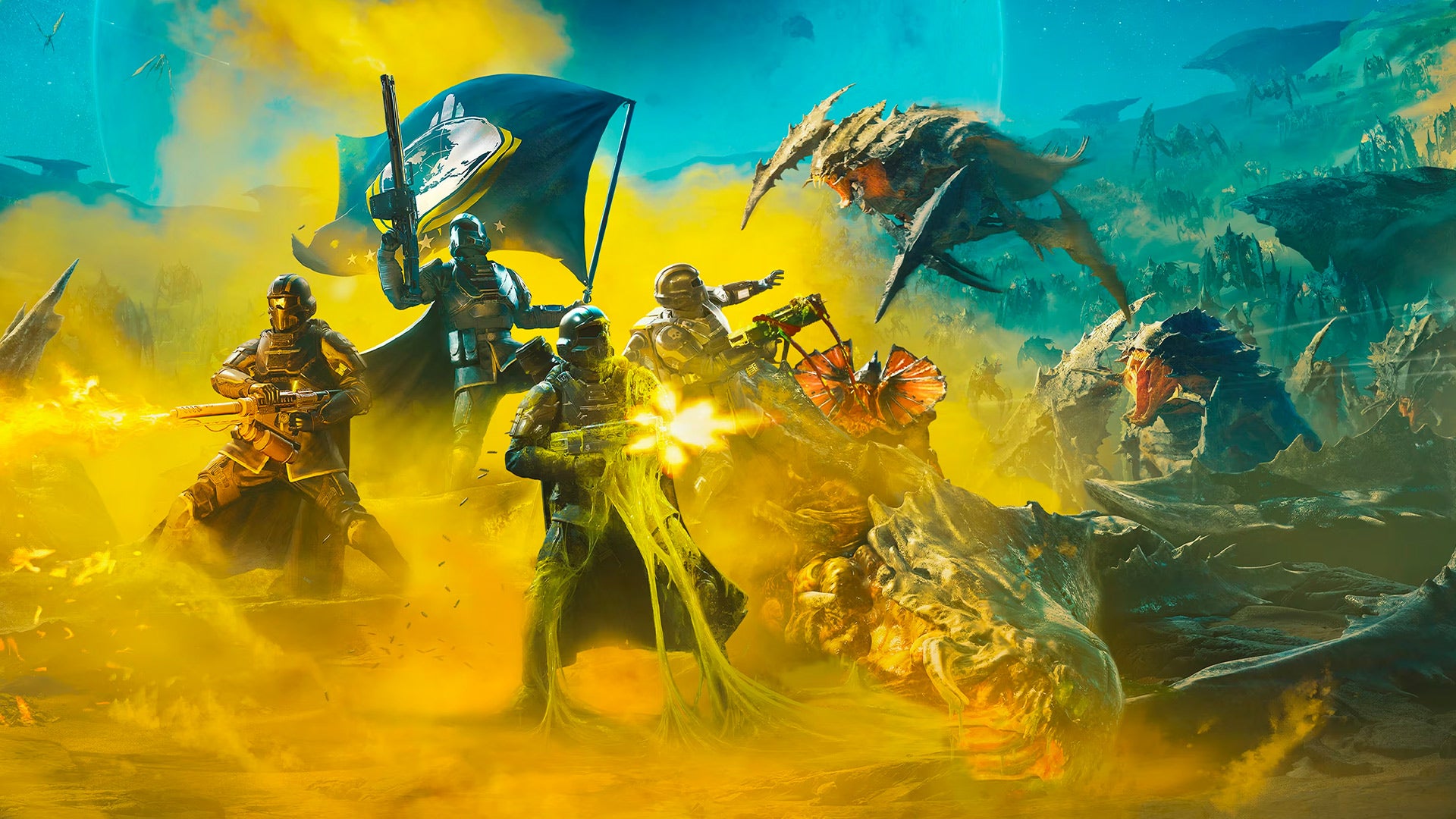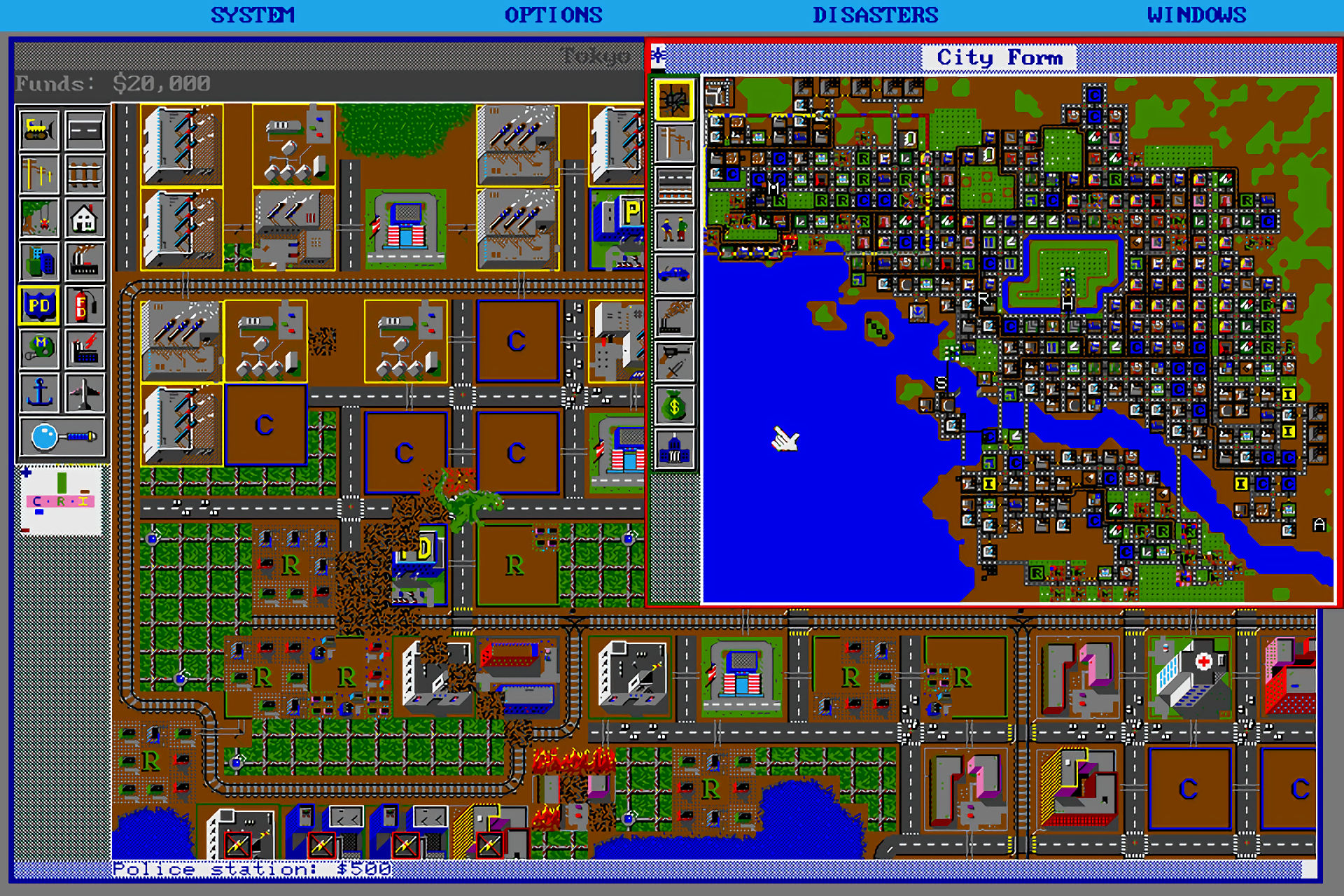Recent headlines have been dominated by Microsoft’s decision to close major studios, briefly diverting attention from last week’s contentious issue where Sony required all Helldivers 2 PC players to link a PlayStation Network (PSN) account to continue playing the game. This requirement was particularly problematic in regions where linking a PSN account isn’t possible.
In response, disgruntled players flooded Helldivers 2 with negative reviews on Steam, effectively using the platform as a protest tool rather than a reflection of the game’s inherent quality. Under pressure, Sony ultimately withdrew the PSN account requirement just days before its implementation.
Following the reversal of Sony’s decision, there has been a community-driven initiative to convert the negative reviews into positive ones to support the game and its developer, Arrowhead. This effort has shown significant results; over 200,000 reviews have either been revised to positive or added anew, boosting the game’s rating from under 50% positive to 72% mostly positive. Recent reviews have shown a more mixed sentiment, indicating a shift from the overwhelmingly negative reactions seen initially.

Despite this improvement, not all aspects of the controversy are resolved. Sony’s initial move to pull Helldivers 2 from sale in 177 regions as a precursor to the PSN linking requirement has not been completely reversed. It is anticipated that the game will return to these markets, though no immediate changes have been announced.
There are also reports suggesting that Arrowhead’s community manager, who had encouraged the negative reviews as a form of protest, might have faced repercussions. Although it is unclear whether he was dismissed or merely reprimanded, his recent social media activity suggests significant consequences. His approach, while controversial, underscored the power of community action within gaming.
As for Helldivers 2, the game seems poised to move beyond this episode, with new updates including major orders and fresh gear and weapons, signaling a return to its core space warfare theme. This incident highlights the dynamic and sometimes volatile relationship between game developers, publishers, and the gaming community.



